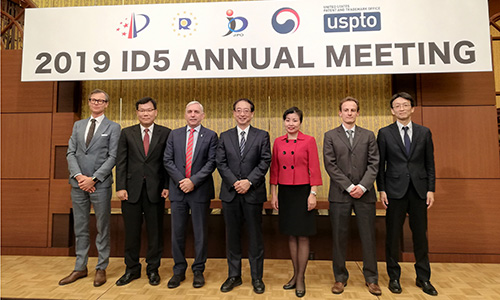EIOPA publishes annual report on the use of capital add-ons under Solvency II
The European Insurance and Occupational Pensions Authority (EIOPA) published today its annual report on the use of capital add-ons by national competent authorities (NCAs) under Solvency II. The objective of the capital add-on measure is ensure that the regulatory capital requirements reflect the risk profile of the undertaking or of the group. Therefore, it is important that it is used by NCAs when needed and it is also important to ensure a high degree of supervisory convergence within the 31 European Economic Area (EEA) countries, including the EU Member States, regarding its use.
This analysis is based on 2018 year-end Solvency II data collected under Directive 2009/138/EC as reported by the undertakings and insurance groups complemented by a survey that entailed both qualitative and quantitative questions.
During 2018, eight NCAs set capital add-ons to 21 solo undertakings, out of 2819 (re)insurance undertakings under the Solvency II Directive in the EEA. These include 10 non-life undertakings, eight life undertakings, two reinsurers and one composite undertaking. In 2017, six NCAs had set capital add-ons for a total of 23 solo undertakings. Hence, although the number of capital add-ons is extremely low and decreased slightly from 2017 to 2018, two more NCAs made use of this tool in 2018.
The amount of capital add-ons imposed on undertakings using the standard formula remains very low overall in 2018 accounting for 1% of the total Solvency Capital Requirement (SCR). However, the amount of capital add-on is not insignificant when considering the amount at individual level. In sum, as of year-end 2018, the weight of the capital add-on increased to 32% (30% in 2017) when looking at the amount of capital add-ons as a percentage of the total SCR for those undertakings using the standard formula with capital add-ons.
The distribution of the capital add-ons as a percentage of the total SCR in 2018 for undertakings that imposed capital add-ons varies substantially once more. In 2018, the largest percentage was 80% (83% in 2017), whereas the smallest percentage rounded close to 0% (1% in 2017). It should be noted that in all but five cases, if applied, the capital add-on increased the SCR by more than 10%.
The report can be obtained on EIOPA’s website.

